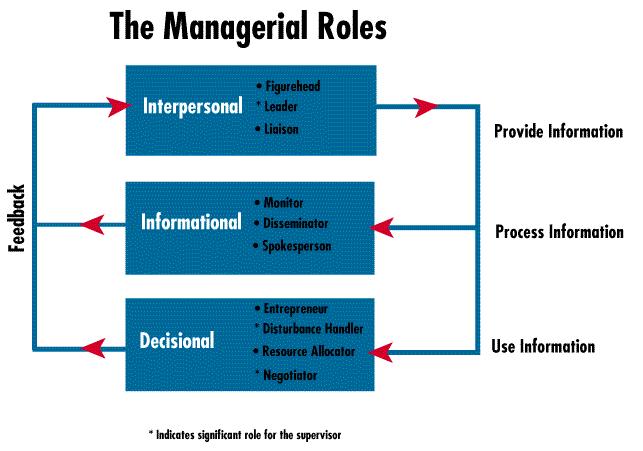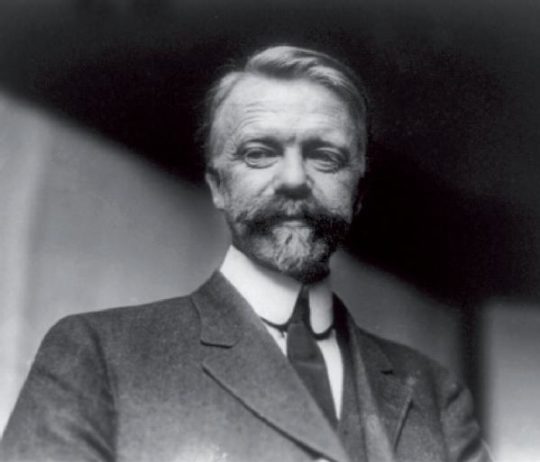Managerial Skills Managers at every level in the management hierarchy must exercise three basic types of skills: technical, human, and conceptual. All managers must acquire these skills in varying proportions, although the importance of each category of skill changes at different management levels. Technical skills: Technical skills refer to the ability and knowledge in using the equipment, techniques and procedure involved in performing specific tasks. These skills require specialized knowledge and proficiency in the mechanics of a particular. Technical skills lose relative importance at higher levels of the management hierarchy, but most top executives started out as technical experts. Human skills: Human skills refer to the ability of a manager to work effectively with other people both as individual and Continue reading
Management Concepts
Management Levels in an Organization
The term level of management refers to a line of demarcation between various managerial positions. The number of levels of management depends upon the size, technology, degree, of diversity and nature of product. There are mainly three levels of management in most of the organization. Top level management Middle level management Lower level management The extent to which managers perform the functions of management – planning, organizing, directing, and controlling – varies by level in the management hierarchy. 1. Top Level Management Top level consists of the board of directors, general manager and other senior executives. They fix the objectives of the organization. They fix the objectives of the organization. They prepare policies and takes important decisions to accomplish the Continue reading
Is Management is an Art or a Science?
Is management characterized as an art, as a science or both? In order to investigate the nature of Management, it would be useful firstly to define it. According to Drucker “Management is about human beings. Its task is to make people capable of joint performance, to make their strengths effective and their weaknesses irrelevant. This is what organization is all about, and this is the reason why management is the critical, determining factor”. Nowadays, practically everyone works for a managed institution, large or not, business or not. Our living actually depends on management. The ability we have to contribute to society, depends firstly on the way, the institute we work for, is managed and furthermore on our own abilities, devotion Continue reading
History of Management Practices
The history of management is a long-standing one, with human life comes the need to manage and control. Looking back through time, one can easily see from where the idea of management developed, grew, and turned into what people know as the modern form of management. In current time, managers are often thought of as sitting in a cushy office wearing a suit and tie, but little do most know that today’s managers have stemmed from ancient Egypt, China, and even back to the paleolithic times. Management has existed for as long as humanity and it will most likely only continue to further evolve, grow with the time, and fit into more modern aspects of managing. The origins of management Continue reading
Forms and Types of Business Entities
Business can be defined as an organization that provide goods and services to others, who want to do or need them, when people think of business careers, they have to think of job in large wealthy corporation, there are wide verity of career areas in business line. Business Entity is an organization that possesses a separate existence for tax purposes. Some types of business entities include corporations and foreign corporations, business trusts, limited liability companies, and limited partnerships The two basic types of business entities are sole proprietorship and partnerships. Sole Proprietorship Sole proprietorship type of business entity which legally has no separate existence from its owner. Limitations of liability enjoyed by a corporation and limited liability partnerships do not Continue reading
Henri Fayol – Father of Modern Management Theory
Henri Fayol was a French industrialist and manager, working in the mine industry and looking for applicable solution to business management. He went to school in Lyon (the second largest city of France) and enrolled at the engineering school of Saint-Etienne (Ecole Nationale des Mines). He received an education as a mine engineer and graduated in 1860 from this school at the age of 19. He was first employed as an engineer at Boigues, Rambourg and Co. In 1874, this company became Commentry-Fourchambault SA or Comambault). It is important to notice he spend all his professional life in the same company experiencing its expansion and knowing well its structure and production methods. Fayol was first remarked as an engineer when Continue reading


